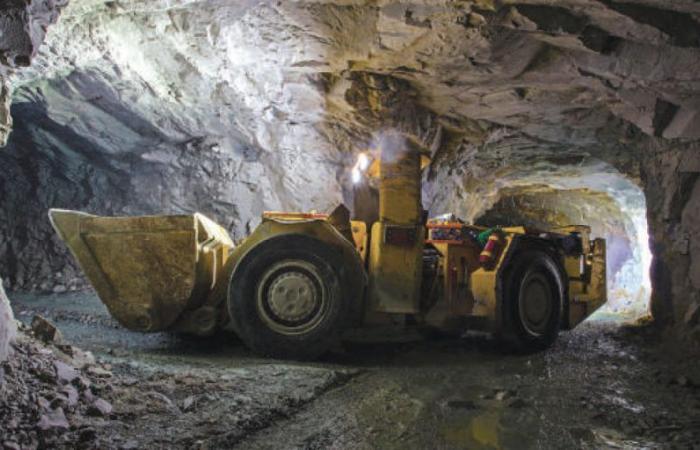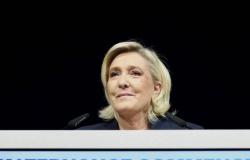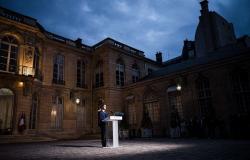Morocco has proven potential for the production of critical minerals such as cobalt, manganese and copper. Thanks to its favorable investment climate and its quality infrastructure, the country seeks to capture a share of the massive investments necessary for the extraction and valorization of these coveted resources. Focus on Morocco’s place in relation to other African countries.
Cobalt, manganese, copper…, Morocco has proven potential in the production of strategic critical minerals. Thanks to its favorable investment climate and its quality infrastructure, the country seeks to capture a share of the massive investments necessary for the extraction and valorization of these coveted resources. How does the Kingdom intend to take advantage of this opportunity? The African continent is full of mineral resources essential for clean energy technologies, called critical minerals.
With considerable reserves of some of these minerals, Africa is set to play a key role in global supply. At the heart of this dynamic, Morocco positions itself as a major player thanks to its subsoil and its relatively well-developed mining sector. Among the main critical minerals, it stands out in the production of cobalt, manganese and copper.
In 2022, the Kingdom was among the top 12 global producers of cobalt with 2,300 tonnes extracted. If this quantity remains modest compared to the 130,000 tonnes produced by the Democratic Republic of Congo (DRC), the main world producer, it nevertheless demonstrates the national potential.
Morocco also ensures regular production of manganese, an essential metal for batteries. As for copper, a key metal for clean technologies, the country has a well-established mining tradition in this area. Beyond these ores, the Moroccan subsoil conceals other promising resources such as lithium, nickel, chrome and graphite. Thus, the Kingdom has undeniable assets to establish itself as a diversified supplier of critical minerals in Africa.
Strategic positioning to meet growing demand
With the global energy transition, demand for critical minerals is skyrocketing to power clean technologies such as electric vehicles, batteries or renewable energies. According to the IEA report, this demand is expected to increase sixfold by 2040.
Faced with this prospect, Morocco is strategically positioning itself to capture part of the massive investments necessary for the extraction and valorization of these strategic resources. The country is banking on its favorable investment climate, political stability and quality infrastructure to attract foreign capital to this promising sector.
However, the Kingdom will face significant challenges, particularly in terms of governance of mining resources, sustainable environmental management and development of the necessary technical and human capacities. Incentive measures for the adoption of clean technologies and the circular economy in the mining sector should also be considered.
Development of technical and human capacities
To fully exploit its mining potential, Morocco must train a qualified workforce at all levels, from geologists to engineers to specialized technicians. This requires significant investments in higher education and professional training, as well as the development of research and innovation centers dedicated to the mining sector.
It is also necessary to attract and retain national and foreign talent, by offering competitive working conditions and remuneration. So many challenges to overcome to not only sustainably exploit its critical mineral resources, but also position itself as a key player in the global mining value chain, by developing high value-added processing activities.
Regional competition to take into account
Although Morocco has certain assets, it nonetheless remains faced with keen regional competition. The DRC, South Africa and Zambia largely dominate African production of certain strategic critical minerals. The DRC, for example, has 70% of global cobalt production while South Africa dominates the supply of platinum, chromium and manganese. Zimbabwe and Namibia are also emerging as promising lithium producers.
To stand out, Morocco will not only have to increase its extraction capacities, but also develop valorization activities with high added value, such as the refining and processing of these ores. This will require significant investments in industrial and logistics infrastructure, as well as strengthening national technical skills. While the country has proven potential in critical minerals, its ability to take full advantage of this opportunity will depend on its efforts to create an attractive and sustainable environment for mining investments.
In this regional race for strategic resources, the Kingdom will have to combine its forces with a long-term vision and ambitious reforms to establish itself sustainably as a key player in Africa.
Bilal Cherraji / ECO Inspirations






